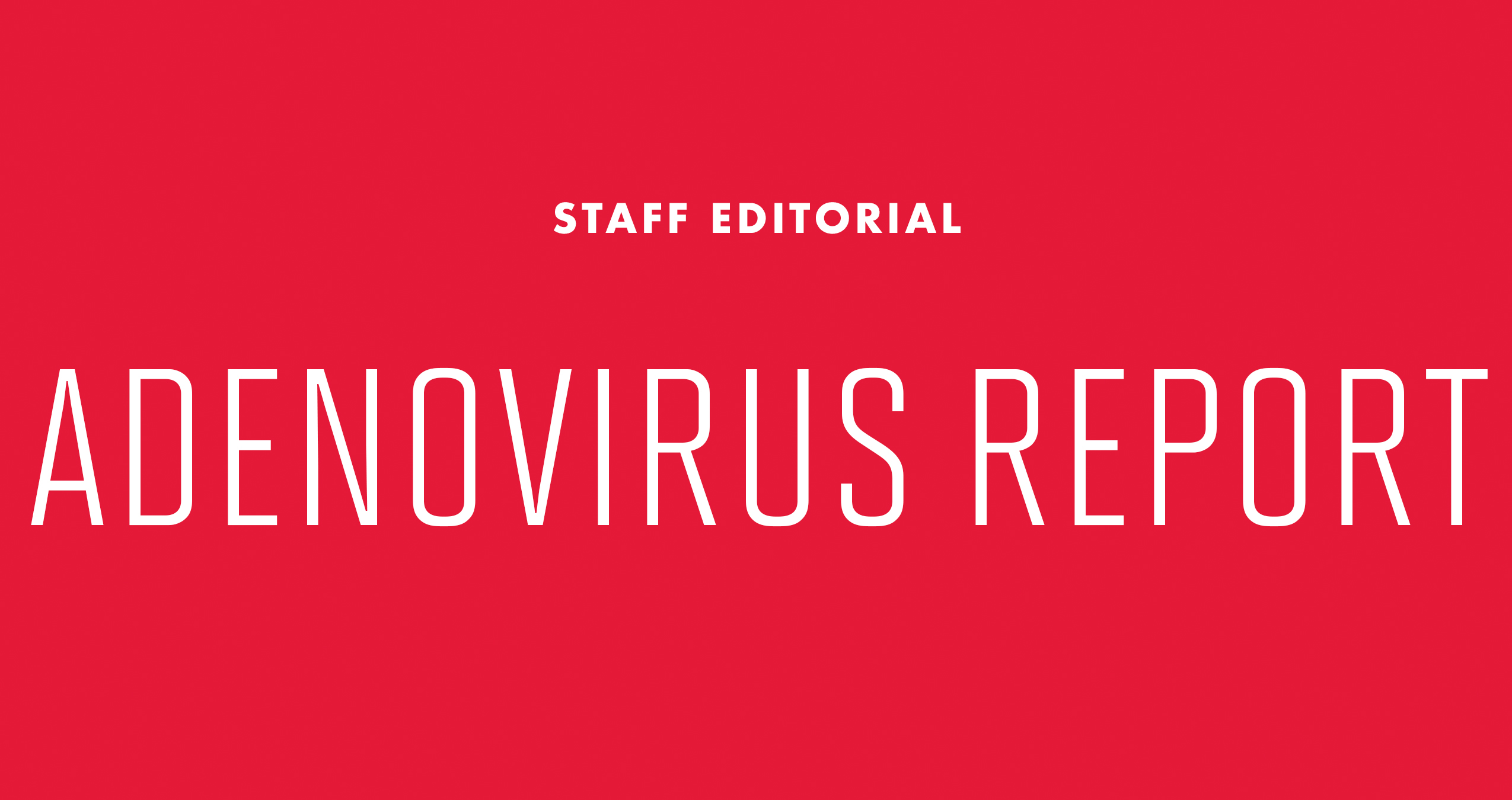After 2nd Lt. Richard Collins was fatally stabbed in May 2017 near Montgomery Hall amid a surge of reported hate bias incidents, the University of Maryland has been marred by the deaths of two more students in the past year. Employees at this university failed to properly treat football player Jordan McNair’s heatstroke one year ago today, leading to his death. And a recent report from the Washington Post showed how a lack of communication from this university had serious consequences for Olivia Paregol.
When Paregol died after contracting adenovirus, all students got was a series of emails from health center director David McBride with ways to safeguard against illness and a tepid statement expressing condolences to Paregol’s friends and family in November.
What was lost is the role the university should have played in preventing illnesses and death on this campus in the first place. Though McBride assured us the university followed health officials’ guidance on informing the campus, he never addressed why it took so long for the community to know what had been going on — or why someone had to die for there to be outrage and heightened scrutiny of their communication.
Six months later, a Washington Post report laid out the consequences of such poor communication. The university’s failure to notify residents of mold-encrusted Elkton Hall or other students with weakened immune systems — two categories Olivia Paregol fell into — of the adenovirus outbreak on campus was neglectful given the virus’s potential to wreak havoc on those with compromised immune systems. In the same period, housekeepers were getting sick trying to clean mold in dorms without proper training.
College is meant to be a place for growth out of passive roles, where students learn how to use their new independence and agency to better the world around them. When becoming adults, we learn that accountability, compassion and honesty are basic tenets of living in functional societies. This makes it particularly frustrating that this university’s administration continually fails to show that bare-bones degree of maturity, instead choosing to hide behind the equivocation of PR talk.
University President Wallace Loh’s banal email to the campus community immediately following the Post’s report is only an act of misdirection that fails to address the core of the issue: the incompetence and preventable horror the Post detailed. And the health center — which will soon be in charge of the athletic department’s healthcare — failed to properly communicate to students who were vulnerable to complications from adenovirus. A student spent weeks dying, her family in anguish, and her sick roommates and others spent their freshman year learning just how unresponsive this university can be.
Further, this university doesn’t just fall short of providing its community with what it needs to feel safe and heard, it actively works to prevent the public from hearing about problems that arise. Its communications with students had been anything but clear, and it refused to waive the cost of producing materials the Post requested to educate the community. Publishing the story was evidently in the public interest, but this university refused to cooperate.
The only avenue for justice that seems feasible is one that the Paregol family has already taken steps toward: legal action. The university withheld information about the outbreak from vulnerable students, and now it’s up to their families to hold it accountable.



